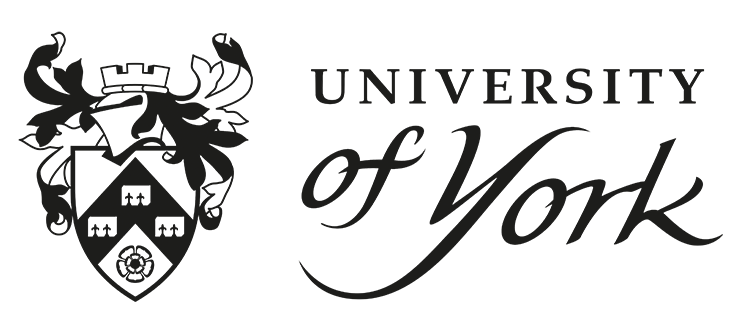Dr. Eleanor Vance, a rising scholar in 19th-century English literature, found her research practices increasingly at odds with her growing environmental consciousness. Traditionally, her work involved extensive travel to archives, frequent printing of lengthy manuscripts, and reliance on resource-intensive digital databases.
Driven by a desire to reduce her carbon footprint, Dr. Vance initiated several changes. She prioritised digital archives, utilising online resources and requesting scanned copies of rare texts whenever possible. When physical archives were unavoidable, she consolidated her trips, maximising efficiency.
Furthermore, she transitioned to a paperless workflow, utilising digital annotation tools and e-readers. She also began to critically examine the environmental themes within her research, focusing on how 19th-century authors depicted and interacted with the natural world. This shift not only lessened her environmental impact but also enriched her scholarly perspective, leading to innovative interpretations of canonical texts.
Dr. Vance’s commitment extended beyond her personal practices. She began advocating for sustainable research within her department, encouraging colleagues to adopt similar methods. Her case illustrates how academic research, even in the humanities, can adapt to embrace environmental responsibility, proving that intellectual pursuit and ecological awareness can coexist.



